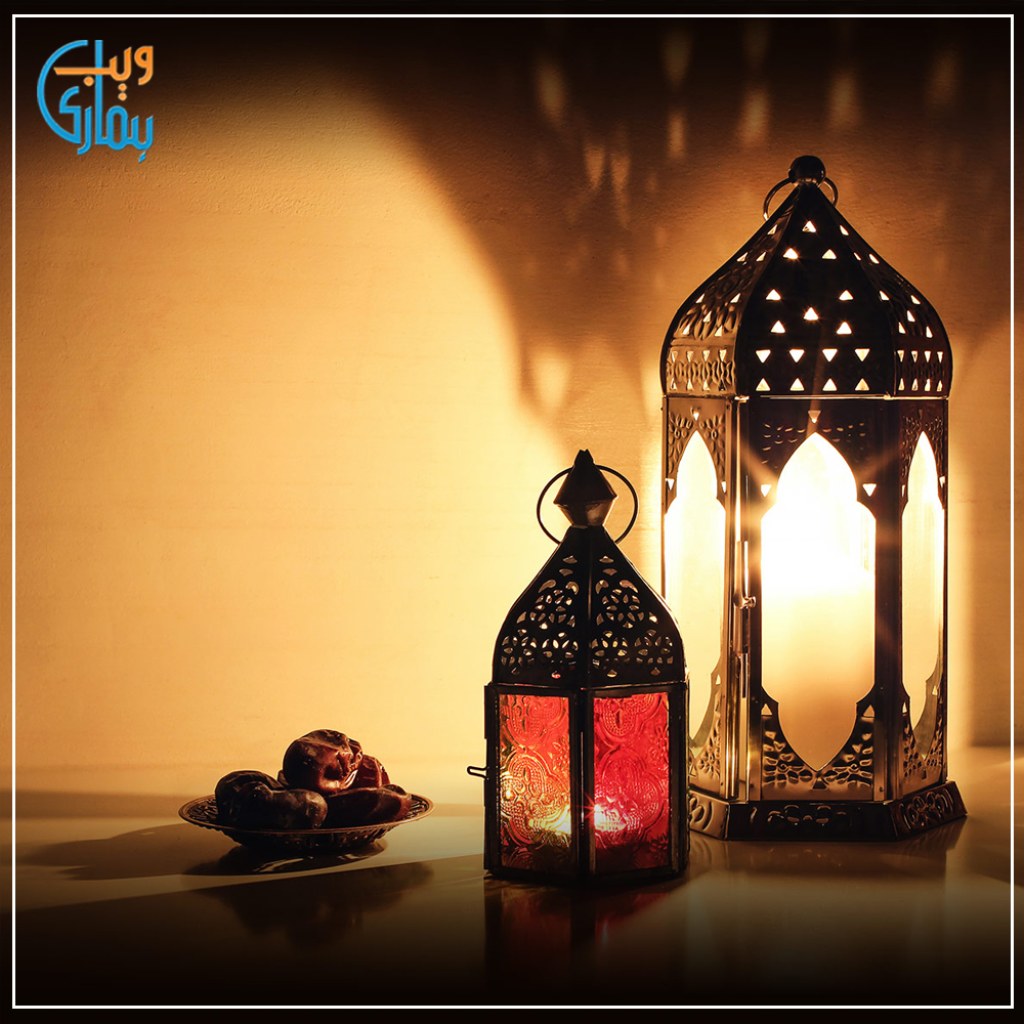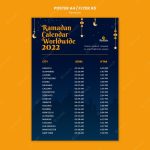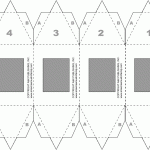Experience The Majestic Ramadan Sunset Today: Embrace The Serenity And Join Us!
Ramadan Sunset Today: A Time of Reflection and Spiritual Connection
Greetings, Ramadhan enthusiasts! As the holy month of Ramadan progresses, we find ourselves eagerly awaiting the arrival of the sacred moment known as the Ramadan sunset. This daily occurrence holds immense significance for Muslims around the world, as it marks the end of the day-long fast and the beginning of the evening prayer. In this article, we will explore the various aspects of the Ramadan sunset and its importance in the lives of Muslims.
Introduction
The Ramadan sunset, also referred to as Iftar time, is a time of great anticipation and joy for Muslims. It is the moment when they can finally break their fast after abstaining from food and drink from dawn till dusk. This daily ritual during Ramadan is not only a test of physical endurance but also a time for self-reflection, spiritual connection, and gratitude for the blessings of life.
2 Picture Gallery: Experience The Majestic Ramadan Sunset Today: Embrace The Serenity And Join Us!


During the Ramadan sunset, families and communities gather to break their fast together. The atmosphere is filled with a sense of unity and camaraderie as people come together to share meals, prayers, and acts of charity. It is a time when Muslims express their gratitude for the blessings they have received and extend their generosity to those in need.
Now, let’s delve deeper into the various aspects of the Ramadan sunset and its significance in the lives of Muslims.
What is Ramadan sunset?

Image Source: ttrweekly.com
The Ramadan sunset refers to the specific time at which Muslims break their fast each day during the holy month of Ramadan. It is the moment when the sun sets below the horizon, signaling the end of the fasting period and the beginning of the evening prayer. The exact time of the Ramadan sunset varies depending on geographical location and the time of year.
Why is it important?
The Ramadan sunset holds immense importance in the lives of Muslims as it signifies the completion of a day of fasting and the opportunity to replenish their bodies with nourishment. It is a time for Muslims to express gratitude for the ability to observe the fast and to reflect on their dedication to their faith.
Additionally, the Ramadan sunset is a time for Muslims to come together as a community. Families and friends gather to break their fast together, strengthening their bonds and fostering a sense of unity. It is a time for sharing meals, prayers, and acts of charity, emphasizing the values of compassion, generosity, and solidarity.
Who observes the Ramadan sunset?
The Ramadan sunset is observed by Muslims worldwide. In adherence to the teachings of Islam, all adult Muslims who are physically able and have reached the age of puberty are required to observe the fast during Ramadan. This includes both men and women, with exceptions made for individuals who are ill, pregnant, nursing, menstruating, or traveling.
When does the Ramadan sunset occur?

Image Source: hamariweb.com
The Ramadan sunset occurs each day during the holy month of Ramadan. The exact time may vary depending on geographical location and the time of year. Muslims typically rely on local prayer timetables or Islamic organizations to determine the precise time of the sunset in their respective regions.
Where does the Ramadan sunset take place?
The Ramadan sunset takes place wherever Muslims are observing the holy month of Ramadan. It can occur in homes, mosques, community centers, or any other place where Muslims gather for prayer and breaking their fast. The location may vary depending on personal preference and convenience.
Why is the Ramadan sunset significant?
The significance of the Ramadan sunset lies in its connection to the Islamic faith and the concept of self-discipline, self-reflection, and spiritual growth. It serves as a reminder of the blessings bestowed upon Muslims and encourages gratitude, empathy, and compassion towards others.
Furthermore, the Ramadan sunset is a time for Muslims to seek forgiveness for their sins and to strengthen their relationship with Allah. It is believed that during this time, prayers are more readily accepted, and the rewards for good deeds are multiplied.
How is the Ramadan sunset observed?
The Ramadan sunset is observed in a variety of ways, depending on cultural traditions and personal preferences. The most common practice is to break the fast with a meal known as Iftar, which typically consists of dates, water, and a variety of nutritious dishes. Muslims gather with their families and loved ones to share this meal and offer prayers of gratitude.
Advantages and Disadvantages of Ramadan Sunset Today
Advantages:
Increased spirituality and connection with Allah
Opportunity for self-reflection and self-discipline
Strengthening of family and community bonds
Heightened empathy and compassion for those less fortunate
Cleansing and detoxification of the body
Disadvantages:
Physical challenges and potential health risks for individuals with certain medical conditions
Disruption of daily routine and sleep patterns
Increased temptation and cravings for food and drink
Potential decrease in productivity during fasting hours
Difficulties in maintaining energy levels throughout the day
Frequently Asked Questions (FAQs)
1. Can pregnant women or nursing mothers observe the Ramadan fast?
Ans: It is generally recommended for pregnant women or nursing mothers to consult with their healthcare providers before deciding to observe the Ramadan fast. In certain cases, it may be advisable to refrain from fasting for the well-being of both the mother and the baby.
2. Is it necessary to break the fast at the exact moment of the Ramadan sunset?
Ans: While it is ideal to break the fast immediately at the time of the Ramadan sunset, there is a short period of flexibility known as the Maghrib time, during which the fast can be broken. It is recommended to break the fast as soon as possible after the sunset to fulfill the religious obligation.
3. Are there any exceptions to fasting during Ramadan?
Ans: Yes, there are exceptions to fasting during Ramadan. Individuals who are ill, traveling, pregnant, nursing, menstruating, or experiencing other health issues are exempt from fasting. However, they may be required to make up for the missed fasts at a later time.
4. Can children observe the Ramadan fast?
Ans: Children are not obligated to fast during Ramadan. However, some older children may choose to fast partially or for a limited number of hours to gradually prepare themselves for fasting in adulthood. The decision to fast should be made in consultation with parents and guardians.
5. How can non-Muslims show support and respect during Ramadan?
Ans: Non-Muslims can show support and respect during Ramadan by being mindful of their Muslim friends, colleagues, or neighbors who are observing the fast. This can include refraining from eating or drinking in their presence during fasting hours, offering words of encouragement, and being understanding of any temporary changes in behavior or schedule.
Conclusion
In conclusion, the Ramadan sunset holds great significance for Muslims worldwide. It is a time of reflection, spiritual connection, and gratitude for the blessings of life. As the sun sets below the horizon, Muslims eagerly break their fast, coming together with their loved ones to share meals, prayers, and acts of charity. The Ramadan sunset serves as a reminder of the values of self-discipline, compassion, and unity that lie at the heart of Islam.
So, let us embrace the Ramadan sunset with open hearts and minds, and may it bring us closer to Allah and to one another. Ramadan Mubarak!
Final Remarks
Disclaimer: The information provided in this article is for educational and informational purposes only. It is not intended as a substitute for professional advice or guidance. Readers are advised to consult with a qualified healthcare professional or religious authority regarding any specific questions or concerns related to fasting during Ramadan or any other religious practices.
This post topic: Ramadhan



